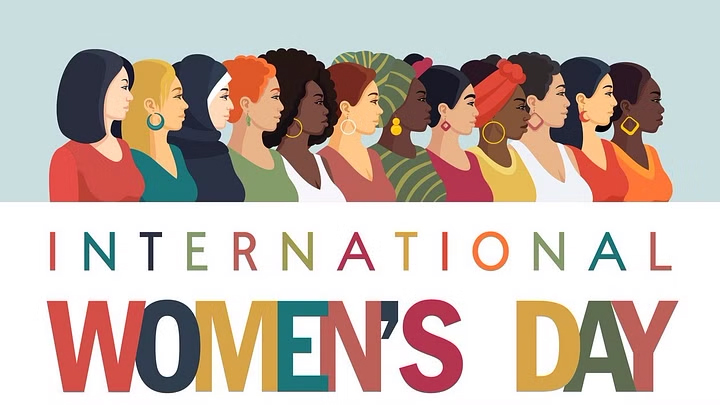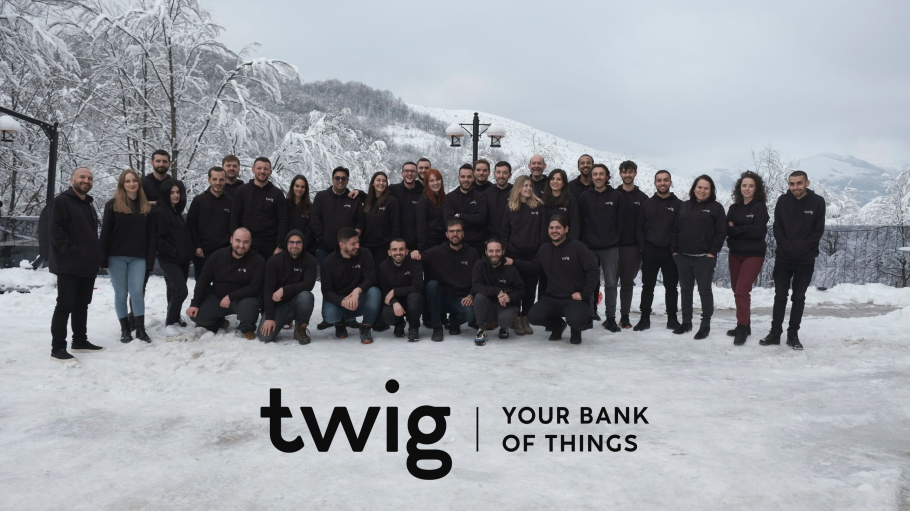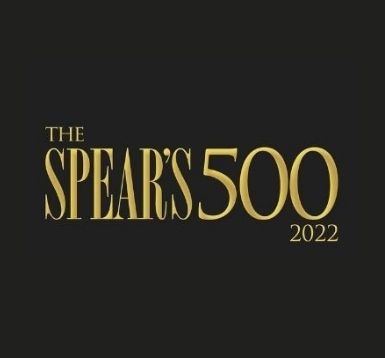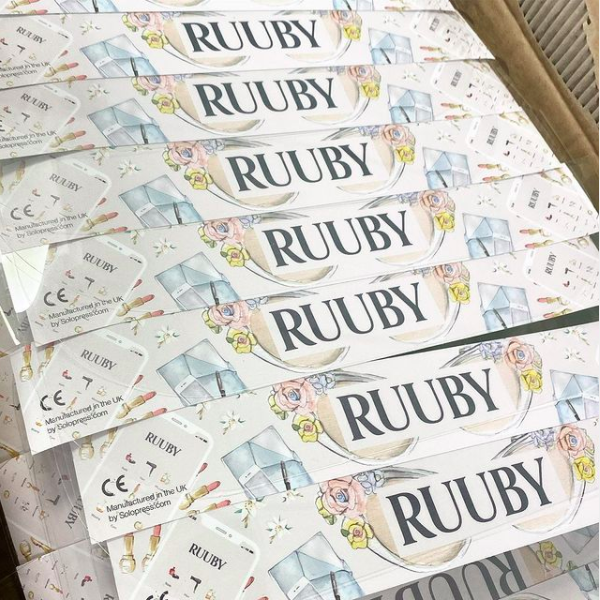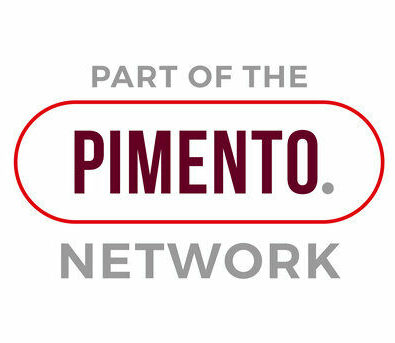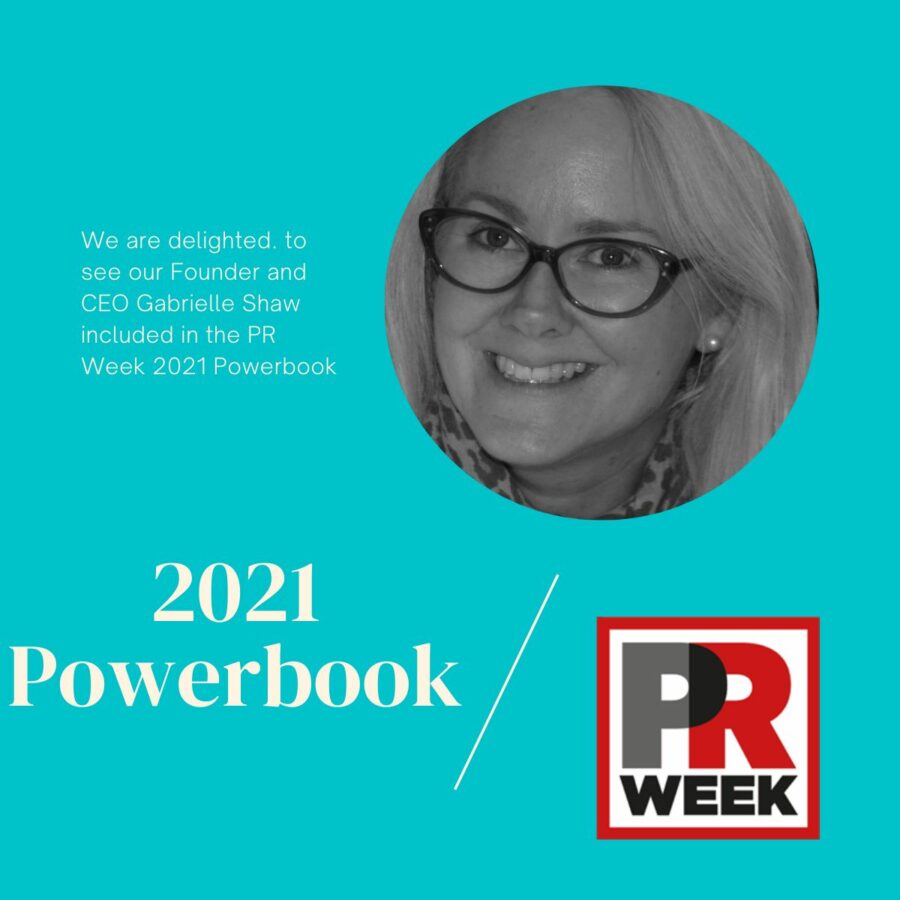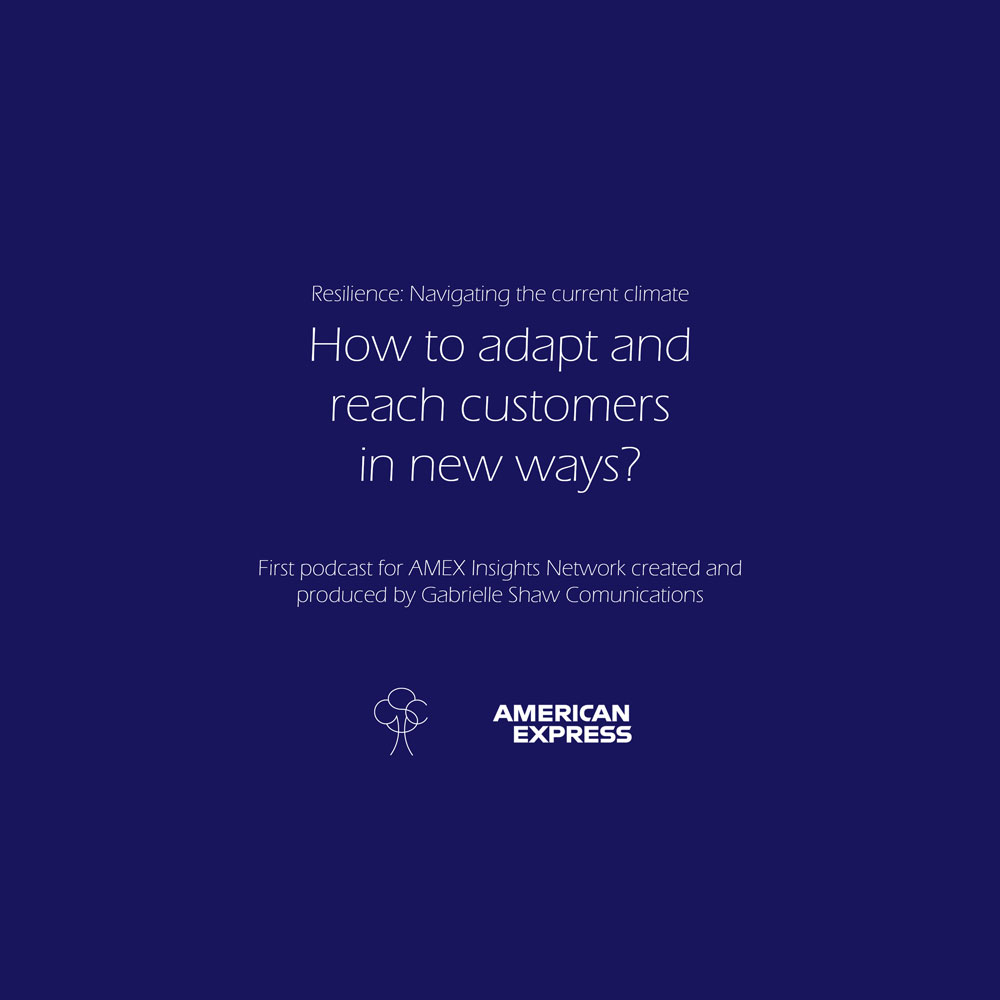What is PR crisis management and do you need it?
Published 03 / 13 / 2023Is your company at risk? In all likelihood – yes. At some point nearly every business will face a reputation-threatening issue. Often a crisis is not predictable, and not preventable. The good news is that the response can be controlled.
With planning, the negative impact of a crisis can be minimised. In fact, a problem handled with transparency and intelligence may sometimes even bring a new shine to a brand. But a crisis met with no plan can spread repercussions like wildfire, going from bad to worse.
Introduction – What is crisis management in public relations?
PR crisis management is the process of anticipating problems and being prepared with a well-considered response.
Amongst public relations services, PR crisis support is a specialism that prepares an organisation for threatening events that may affect its reputation with stakeholders and the general public.
Public relations companies play an essential role in crisis response. This includes mitigating risk, managing issues and mapping out readiness.
The role of PR agents is to envision potential scenarios and make sure key players in the business are trained to activate a crisis communication plan at a moments notice. The plan will include a clear chain of command and pre-considered actions that help a business respond well.
The basic principles of crisis communications have held true for many decades. However, our digitally connected world allows for news to spread globally in a matter of minutes. Cultural change and technological advances have created new forces that make crisis response more complex than ever before.
Why is crisis management important?
Sudden unforeseen events can be can have a big impact on a business. The aim is to protect a business or brand from permanent harm. News goes viral almost instantly. If a company doesn’t take the reins, the situation can quickly get out of hand, with a PR storm to follow. This can have long term effects on reputation and public trust.
Crisis makes for a great media story. Managing media relations, and the potential downpour across social media, is critical to reputation management.
People who are internal and external to the business will seek answers from company managers. To react effectively, company leaders need to remain calm and in control throughout. Knowing what to do requires training in crisis management techniques.
This form of training offers a solid foundation on which to build in the moment. It helps leaders respond in a way that fosters trust and limits damage.
Types of crises that require management
Troublesome issues can arise from anywhere. Product issues, technology problems or financial troubles. Bad judgement, misdeeds or malevolence. Even an act of nature or an unconsidered tweet might set a reputation alight.
Remember when KFC ran out of chicken?
Or when E.On misjudged the national mood – sending the public socks and star jumps advice as energy bills soared?
How about impact on travel and tourism caused by a natural disaster or public health issues?
Big business has suffered technology scandals such a Facebook’s user privacy problems. Today’s data breaches make every customer vulnerable.
Key tips on how to handle crisis management
Plan ahead
Devise a strategic communication process. Create advance protocols and a response team. Identify a chain of command for decision making and action.
The type of questions to answer are: Which PR crisis management tools are in place? Who signs off messaging and determines the timing of announcements? Who serves as spokesperson for the business?
If this is decided in advance, it’s just a matter of activating the plan should a crisis occur.
Train leaders
A public relations firm will have experts who can educate key managers to speak to the media and public in a crisis. Clarity, messaging, timing, and tone of voice will be addressed. Crisis media training also includes practice in responding to difficult questions or criticisms.
We’ve all seen ‘doorstepping’, where media cameras and questions are already firing before an interview target crosses the threshold. Opening the door to a sea of waiting media can bring on unexpected shock. A person’s reaction becomes instantly sharable across social media. Trainers will advise spokespeople on how manage theses situations with assurance and diplomacy.
Gather information and formulate messages
In a crisis, swiftly do a situation analysis, gathering relevant facts, and understanding what news or comment is already circulating. Confer with the wider team to gather opinions and get the full picture. Agree the initial way forward, key messages, communication channels and approved spokespeople.
Timing is delicate. It can be risky to speak before a clear plan is in place, but it is usually best to stay ahead of the story. At minimum, a crisis management team can shape a statement that conveys how you feel, where you are in the process, and what comes next.
Saying ‘No Comment’ is not good enough. If you are not yet ready to provide an answer, let your audiences know you are working on it. Don’t hide away or go silent.
Track the situation
A situation analysis is a daily, if not hourly practice. Understand how the situation is unfolding and how your messages are being received. Get a sense of how many crisis hits come up in articles or social media. Where are the pain points? Adapt accordingly, and be sensitive to the overall impact on your public as well as your brand image.
Today’s tools can uncover threats and even anticipate problems before they arise. Solutions driven by data can be a powerful resource for understanding the nuance of a crisis. Expert use of this information can support a roadmap for connecting with the most affected communities, and help bring about positive outcomes.
Be honest and take responsibility
Sweeping information under the carpet or being defensive usually makes things worse. It’s best to manage the narrative and take responsibility where appropriate. Be open and honest. Well expressed transparency and accountability are effective messaging tools.
The speed at which information travels across social media, and its tendency toward criticism means a reputation can unravel in an instant. Even if there is initially little to say, start communicating to bring the public onside.
That said, don’t be pressured into saying more than you really know. A ‘holding statement’ can get the ball rolling, with further detail to be released when ready.
Keep it human
Situations will vary, but ultimately people are waiting to know how your company feels and where it stands emotionally. Express your sadness if there is suffering. Apologise if there is responsibility. Accept responsibility if you are accountable.
PR agencies can help clients publicly convey that the problem is being addressed, and that measures are underway to ensure it doesn’t occur again. Remember that the human element comes first. If there are feelings to be shared, express them before getting caught up in the detail.
As things settle, move forward with sincerity. Show how you have learned and grown since the incident. Work to regain trust and remember that the news cycle rotates quickly, so when things have settled, it’s time to move on.
What we can do for you
Our agency, Gabrielle Shaw Communications, supports brands, businesses and organisations in a holistic way. We offer many kinds of workshops, including crisis preparedness and response.
More broadly, GSC works with brands large and small to develop their identity, expand thought leadership, and activate reputation campaigns through our proprietary Brand Desire Framework. Our accelerator programme supports start-ups to all the way to becoming global brands.
GSC’s boutique size means the senior team works side by side with clients to both advise and meet their communications needs.
Discover GSC
Gabrielle Shaw Communications is a global creative communications agency that partners with brands and entrepreneurs to unlock their purpose, shape perceptions, and cultivate desire.
We are experts across Sustainability & Purpose, Luxury, Lifestyle, Retail, Travel, Beauty & Wellness, Food & Beverage, Interiors and Arts & Culture.
Our PR Agency in London is comprised of a team of passionate experts from a range of backgrounds, allowing us to work and move nimbly across sectors with equal knowledge and experience.
We have brought together the best in their fields from classic PR’s, brand strategists, advertising experts to journalists and social media content creators. This eclectic mix of talent differentiates us from other agencies and ensures we have expertise in every area.
GSC is also a proud member of TAAN, one of the world’s most established and innovative global networks of carefully selected strategic communications and marketing agencies.

Interested in learning more about how PR can help? Our team at Gabrielle Shaw Communications would love to chat. Get in touch.
+44 020 7731 8811



























